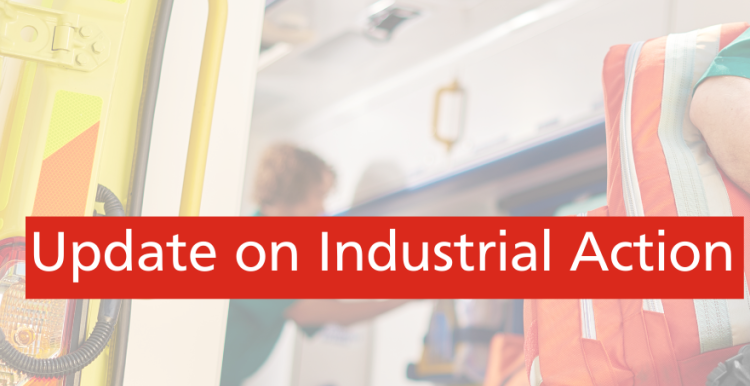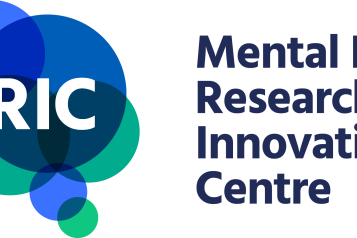Latest junior doctor strike
The industrial action will cause significant disruption, with NHS Trusts across Cheshire and Merseyside set to be severely impacted.

Almost half of all hospital doctors are junior doctors. You will see junior doctors working in almost every part of a busy hospital, including A&E where they might diagnose you or put you under anaesthetic, write prescriptions, support the process of admission and discharge, maintain the flow of patients through the hospital and ensure beds are available for those who need them the most.
The NHS will continue to deliver planned care where possible, especially for patients in greatest clinical need. Patients are being advised to attend any planned appointments unless contacted directly by the NHS to reschedule.
Local NHS services will be using their websites and social media channels to provide up-to-date information to the public about local service disruption – so members of the public are being advised to check before they travel.
NHS 111
NHS Cheshire and Merseyside’s Deputy Medical Director, Dr Fiona Lemmens, is urging people to use NHS 111 for all non-emergency healthcare needs and to support the safe and timely discharge of loved ones who are ready to leave hospital:
“The NHS has tried and tested plans in place to mitigate risks to patient safety and manage any disruption during industrial action, but inevitably a walkout on this scale will lead to significant service disruption.
“If you need urgent medical help and you're not sure where to go, use NHS 111 online to get assessed and directed to the right place for you. But you should still call 999 or go to A&E in an emergency when someone is seriously ill or injured and their life is at risk.”
The NHS 111 service is available 24 hours a day, seven days a week.
Call 111
Visit Get help for your symptoms - NHS 111
Or use the NHS app.
NHS 111 services;
- Where to get help for your symptoms
- How to find general health information and advice
- Where to get an emergency supply of your prescribed medicine
- How to get a repeat prescription
- How to get an emergency dental appointment
- If needed, NHS 111 can also arrange a call back from a nurse, doctor, or paramedic or an appointment at the most appropriate local service including local pharmacies, urgent treatment centres, GP practices or A&E.
Life-threatening emergencies
In an emergency visit Accident and Emergency (A &E) or call 999.
A&E is for serious injuries and life-threatening emergencies only. Life-threatening emergencies are different for adults and children. Find information about when to call 999 and when to go to A&E.
British Sign Language (BSL) speakers can make a BSL video call to 999.
Deaf people can use 18000 to contact 999 using text relay.


